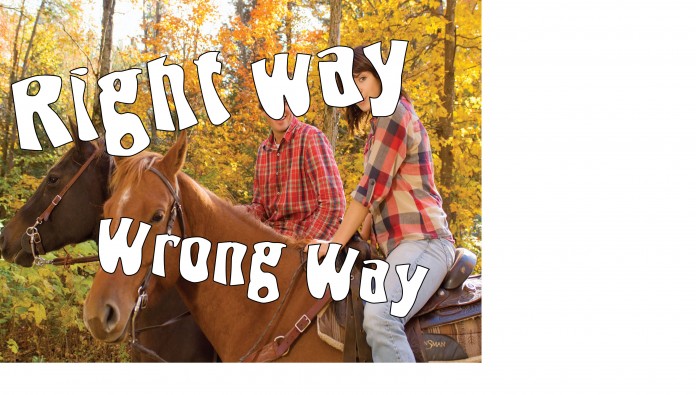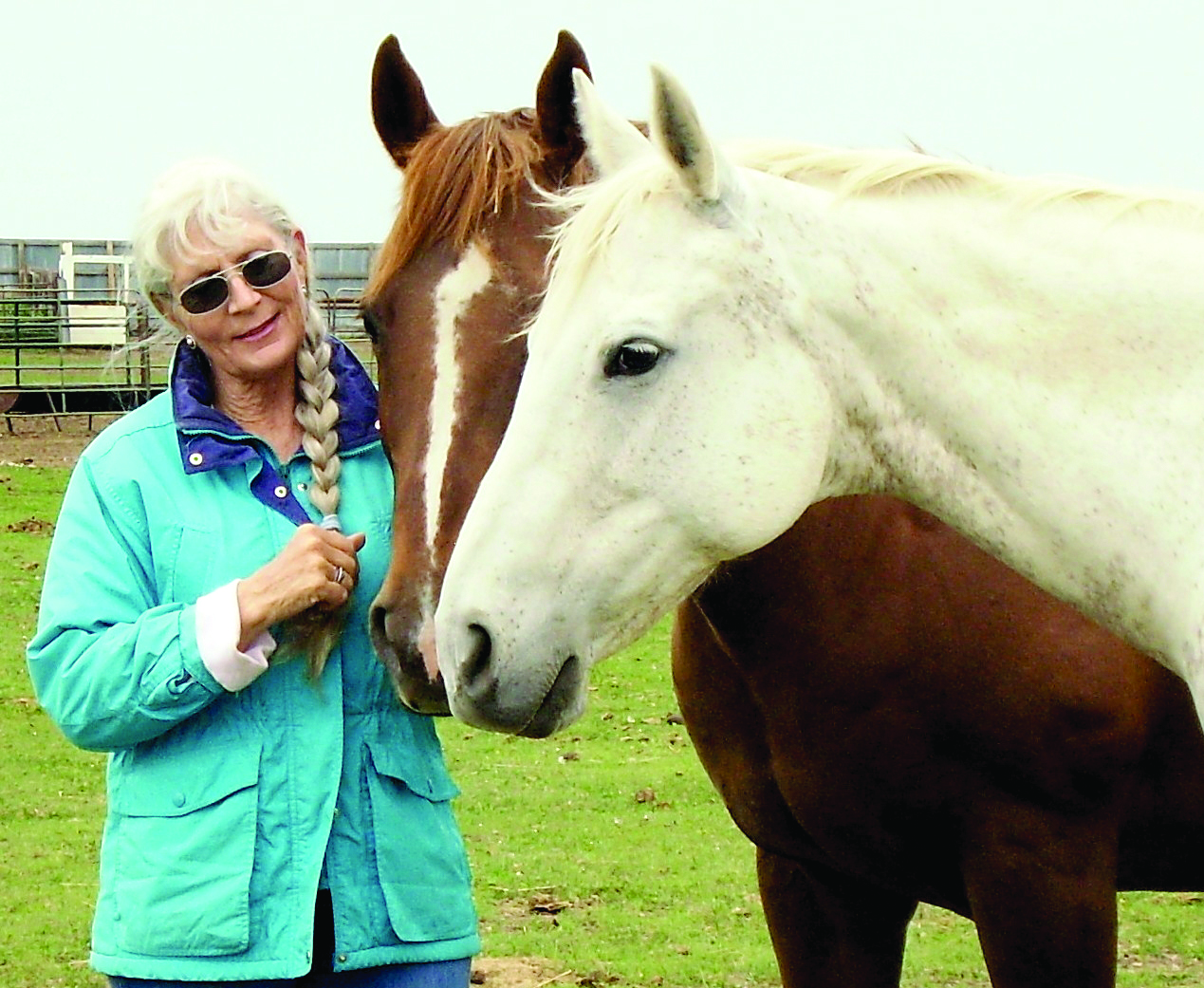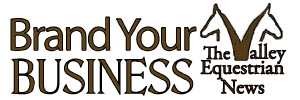Moral Responsibility, Spirituality, and the Horse as an Industry
By Katherine Windfeather Thompson
In January of 2011, there was an event held in Las Vegas, Nev., called The Summit of the Horse. I was not able to attend due to my duties on the racetrack, but I was keenly interested and kept up on information about the proceedings. The main issue was what to do about the problem created by unwanted and unadoptable horses, as well as excessive numbers of horses being abused, starved, or turned out to fend for themselves. I suspect that much suffering of this sort yet goes unreported.
Caring owners and breeders are faced with and working through difficult challenges regarding these issues. Much of the blame for this situation has been attributed to the closing of horse (meat) processing plants in the U.S.A. Initially, pressure by passionate animal lovers and animal-rights activists brought about implementation of legislation to stop the slaughter of horses for the export of horsemeat to foreign countries. No one will argue that those involved, including those opposed to shutting the plants down, had their hearts in the right place. I’m sure they were not, as a whole, heartless butchers intent solely on profit from other countries with a market for horsemeat.
But very often, when you stop a leak in one place, the pressure will create another, bigger one elsewhere. You cannot solve a problem by treating the symptoms. You have to go to the root causeof the imbalance; a problem has to be addressed on the level on which it is occurring. That level has to do with what people believe.
Often, well-meaning people tend to only see the picture directly in front of them, rather than the “picture under the picture,” or what I like to call the quantum view. From that perspective, as I see it, what has to change is for people to begin to take more personal responsibility for their choices and actions. This pertains to each individual person who has a horse or multiple horses, whether for breeding, competition, or recreation.
There is no easy solution at this time for the symptoms created by over-breeding, irresponsible ownership, the downturn in the economy, and the ignorance of well-meaning, (and maybe some not-so-well-meaning people) regarding what it takes to have and maintain horses. It’s time for people to take a more ethical and moral approach to ownership. Problem-solving has to start at the source, with increased awareness of the consequences. It’s no longer “livestock business as usual.”
I personally stopped breeding race prospects; simply having open mares to breed was not reason enough to do so. After doing the best I could to place the horses I had bred with owners who demonstrated the best potential, I made a conscious commitment to see that the two mares left in my care would live out their lives with me, regardless of the inconvenience or expense. They would never go to a sale when their usefulness was over, to be shipped across the border for disposal. That was a business decision I had been forced to make too many times in the past, and for me, it was unthinkable to make it again.
Some could not understand why I didn’t breed these mares. But why would I, when there are so many other horses needing homes? Opinions like that made no sense to me, and still don’t. Last year, I had to put one of the horses down, and there was no profit in that. But it was, for me, the right way to go – all the way to the end.
The Black Hills Wild Horse Sanctuary, also known as The Institute of Range and American Mustang, located in South Dakota, has set an example for other organizations and individuals. They suspended their breeding program last year, and while not all feral horses’ behavior can be predicted or controlled, to date they have only one new foal on the ground. This means that more time, effort, and money can be invested to place yearlings and two-year-olds up for adoption in caring and capable situations to give them the best possible relationship with a human. More organizations and ranches need to take note; it can be done. And it will have an effect.
But this is not the only answer to the present dilemma. We must recognize that there is a distinction between former, accepted ways of thinking and believing, and a new paradigm of awareness in the present and for the future. We are literally moving from one reality into another, which is a distinct and obvious process of evolution. As we do, we take with us those with whom we are in relationship – in this case, our horses.
To validate this concept, one has only to look at the massive changes in our personal experiences and relationships interacting with our horses. We are applying groundbreaking new methods and approaches to training styles in each breed and modality. Many people have become keenly aware that we have more than a physical relationship to our horses; there is an emotional and a spiritual connection to them as well, and this mind-body-spirit relationship is a unified whole.
It will take time to turn the current dilemma around and head in a more positive direction. A more thoughtful and compassionate approach is needed – not another slaughter facility.
We are beginning to redefine the significance of our relationship to all the creatures we’re connected to on this earth. This is an integral part of the process of experiencing life on this wondrous planet as we know it at this point in time. And it is the process of saving it for the incredible future we have ahead of us.
Katherine Windfeather Thompson is a professional horsewoman with over 25 years of experience as a trainer, animal intuitive and certified clairvoyant healer. She has been a presenter at many of the major horse expos, is the author of one book, and is writing another. See her website at katherinewindfeatherthompson.com, email her at returnofthedove@gmail.com or call 916-770-9376.























































